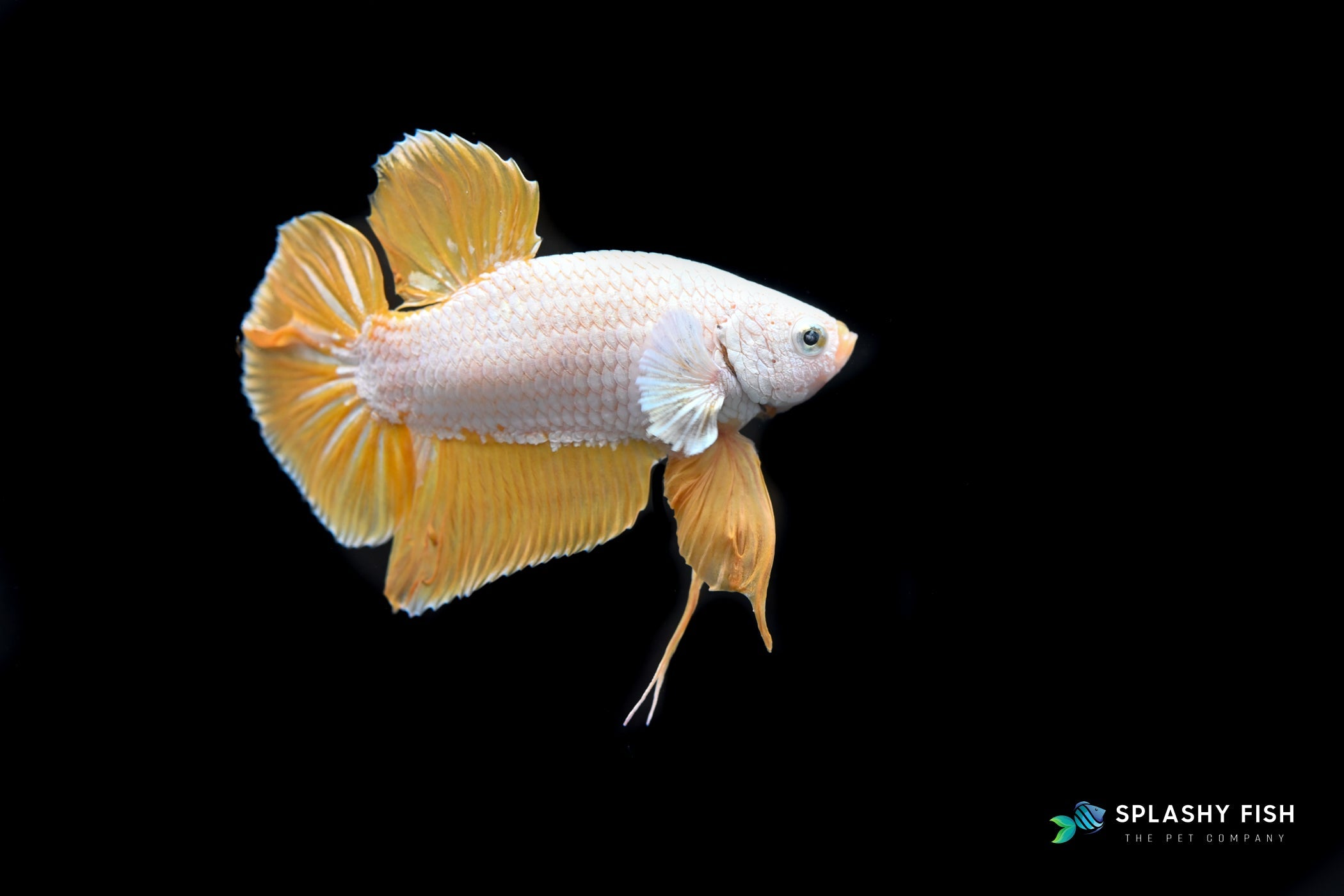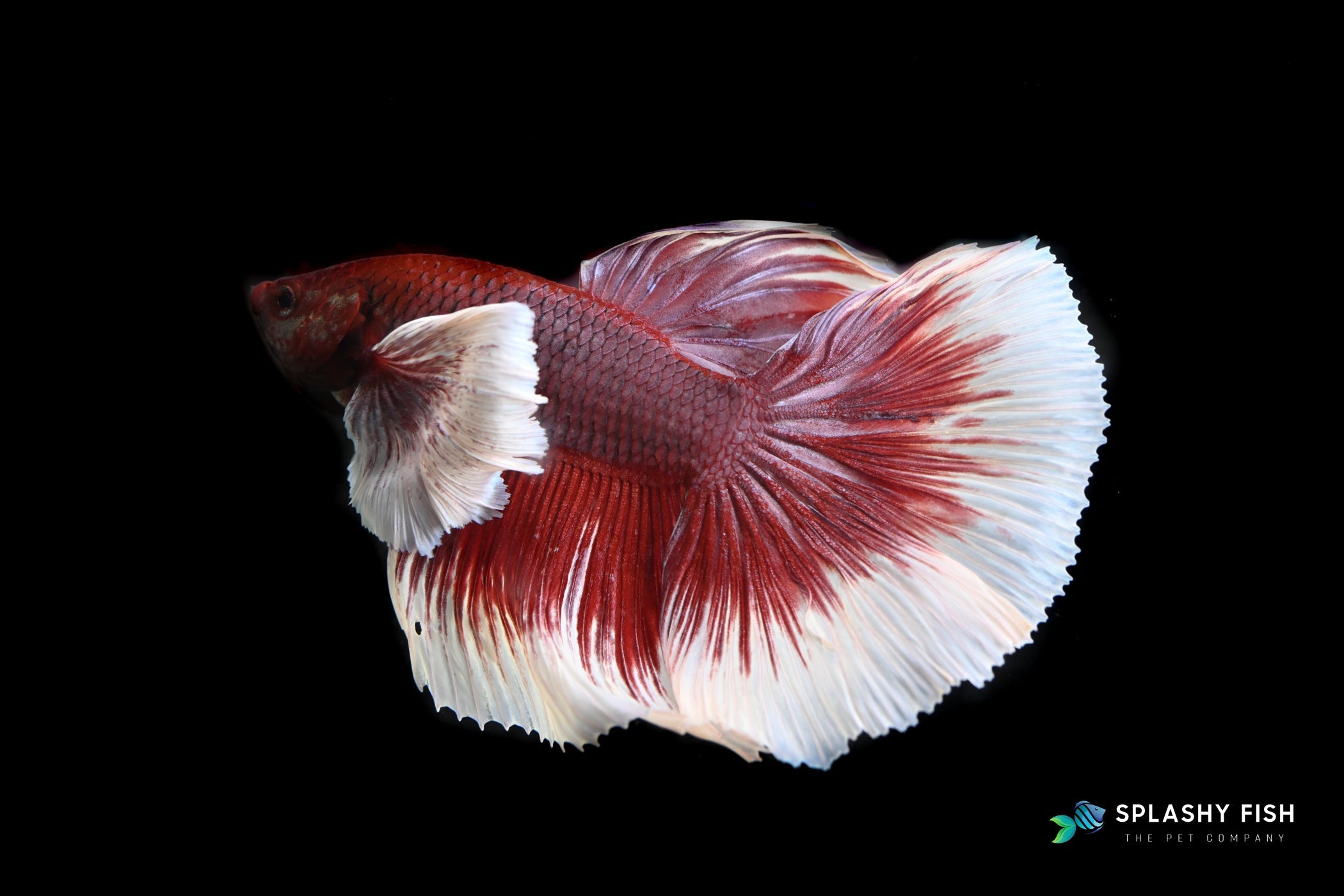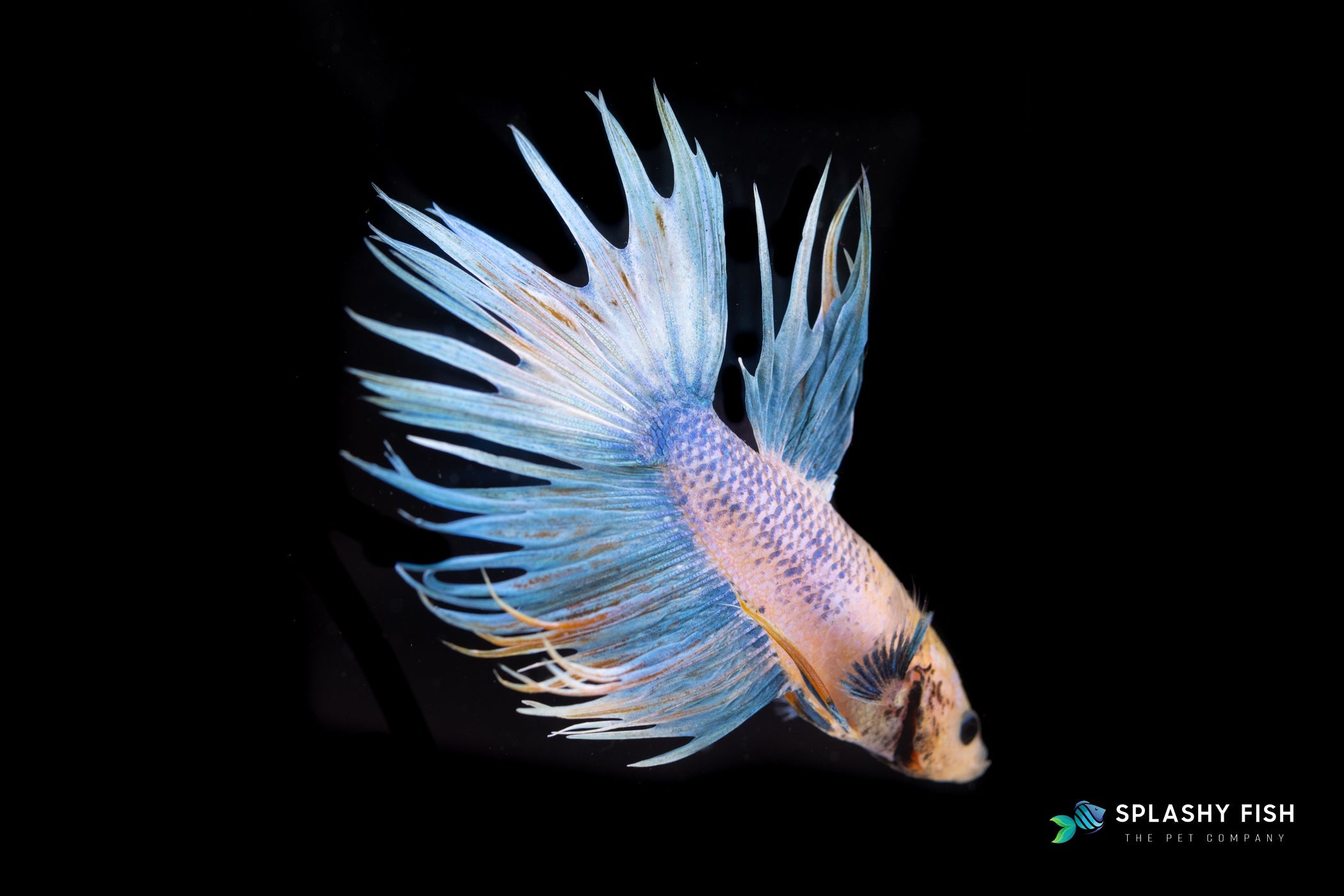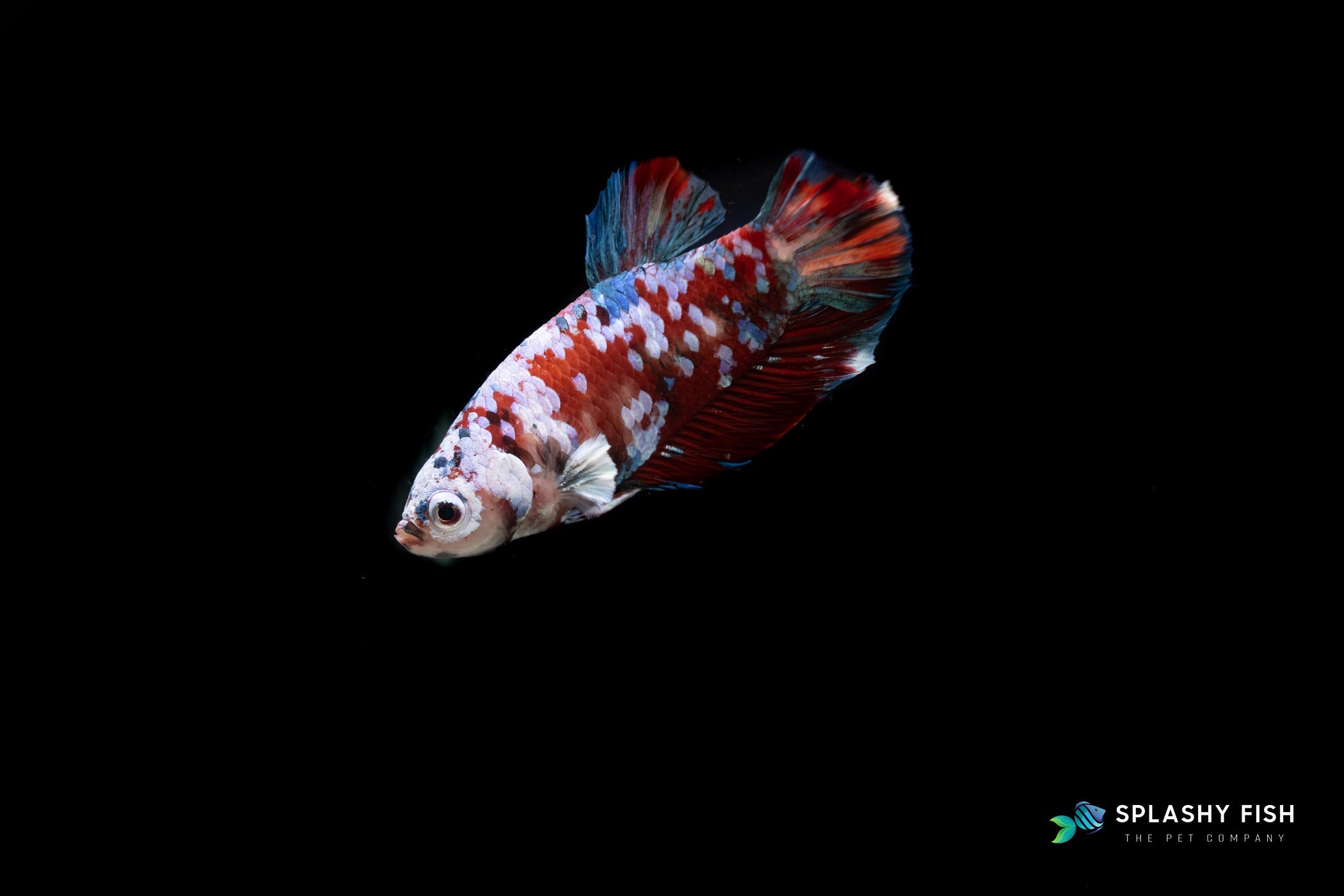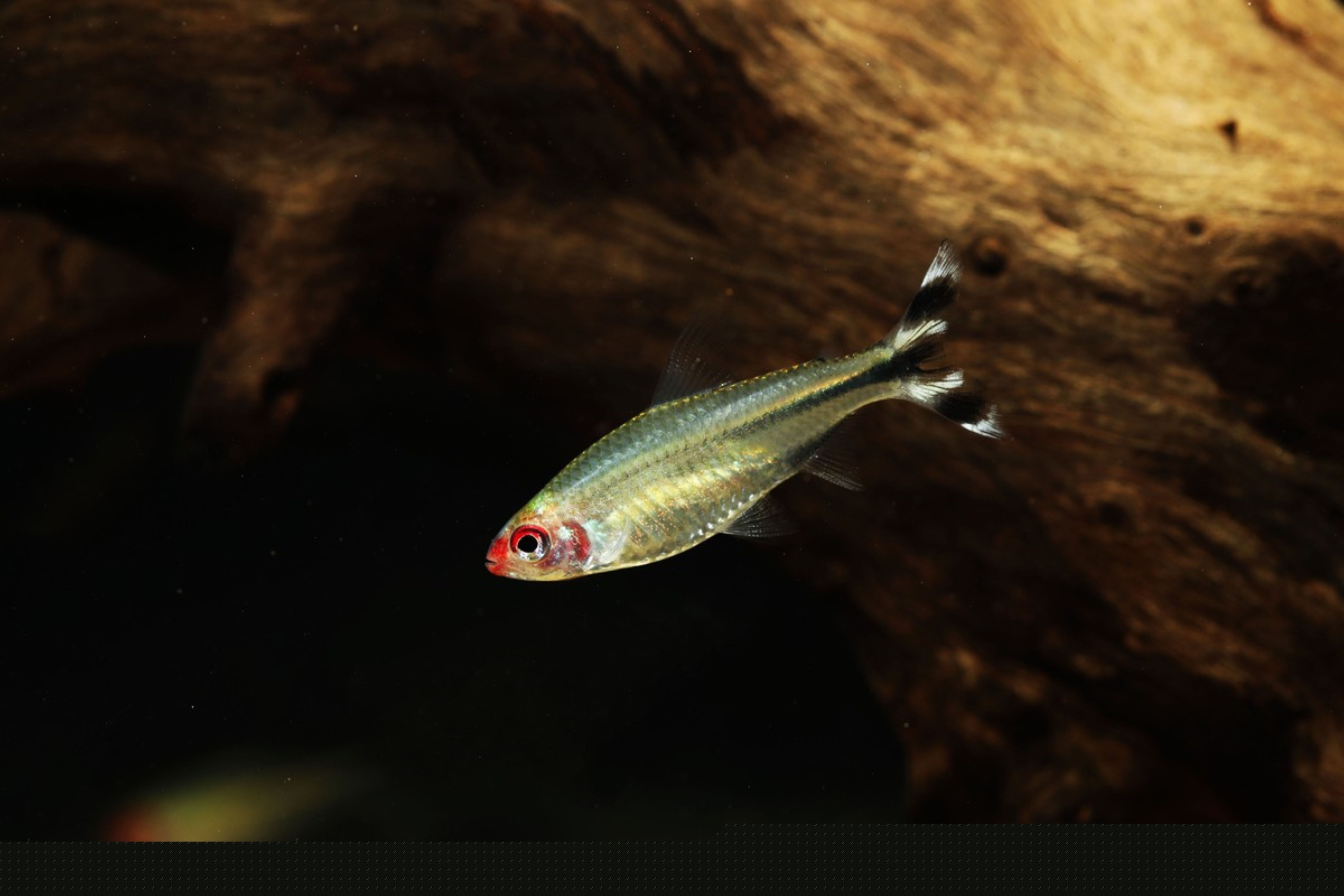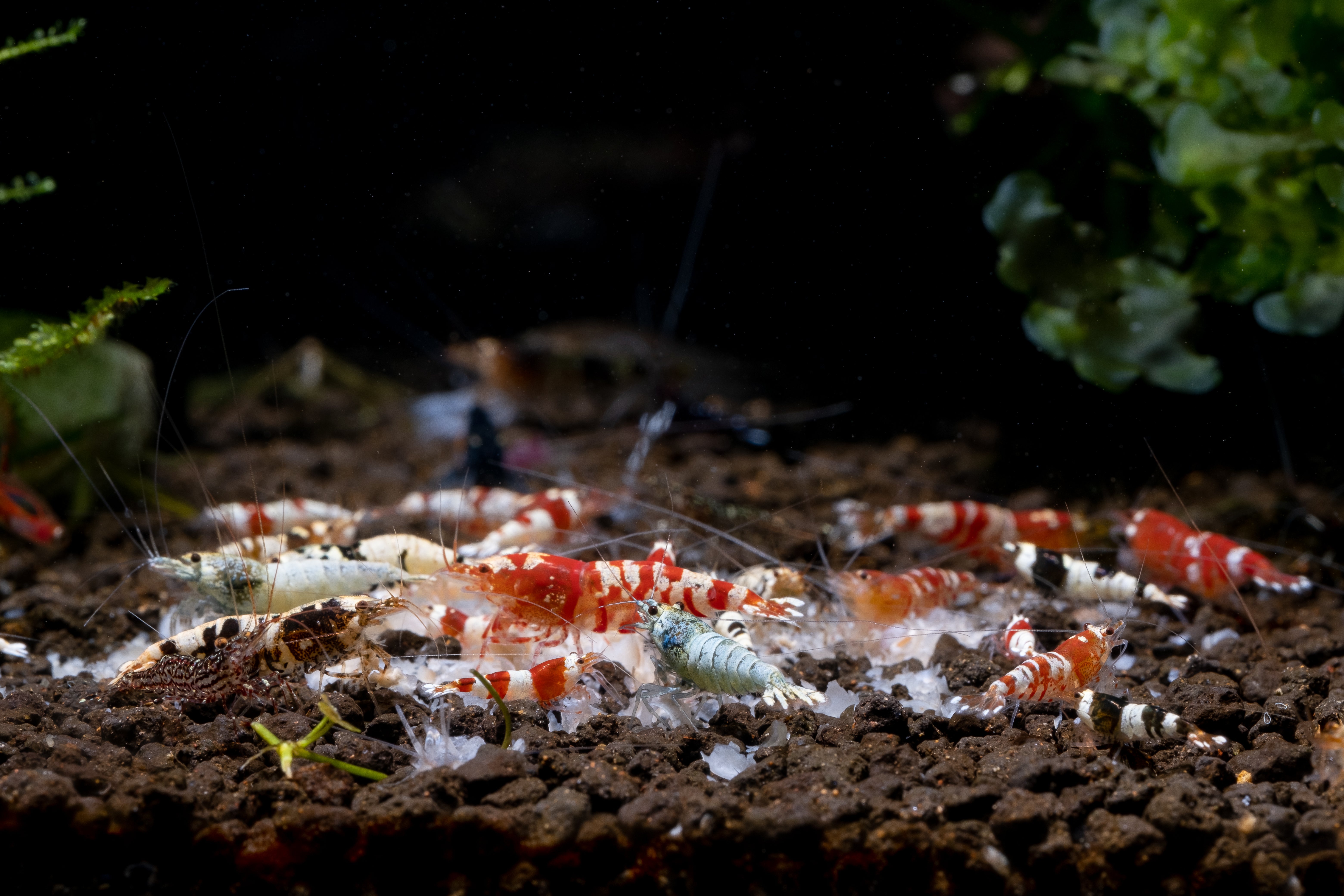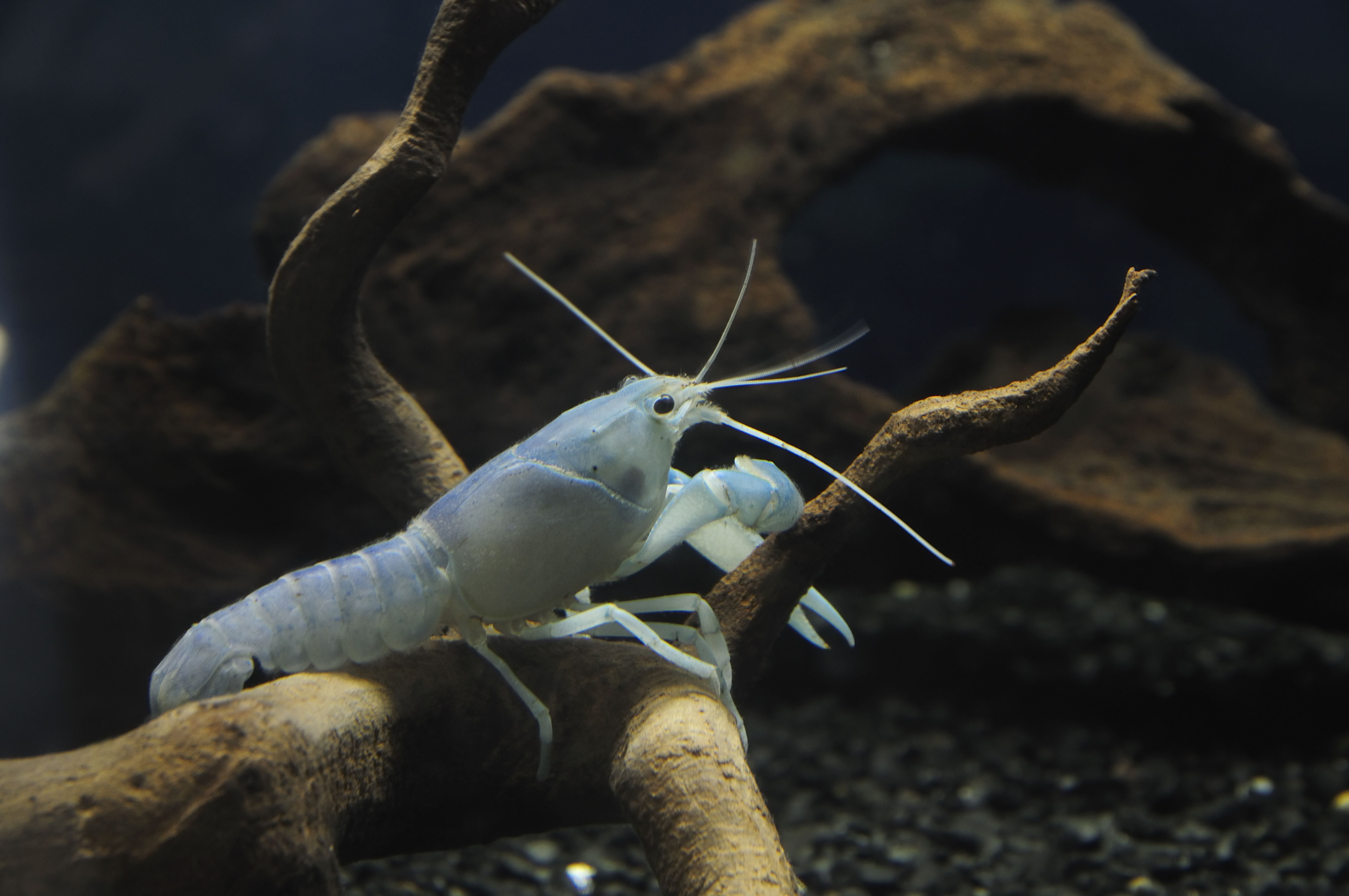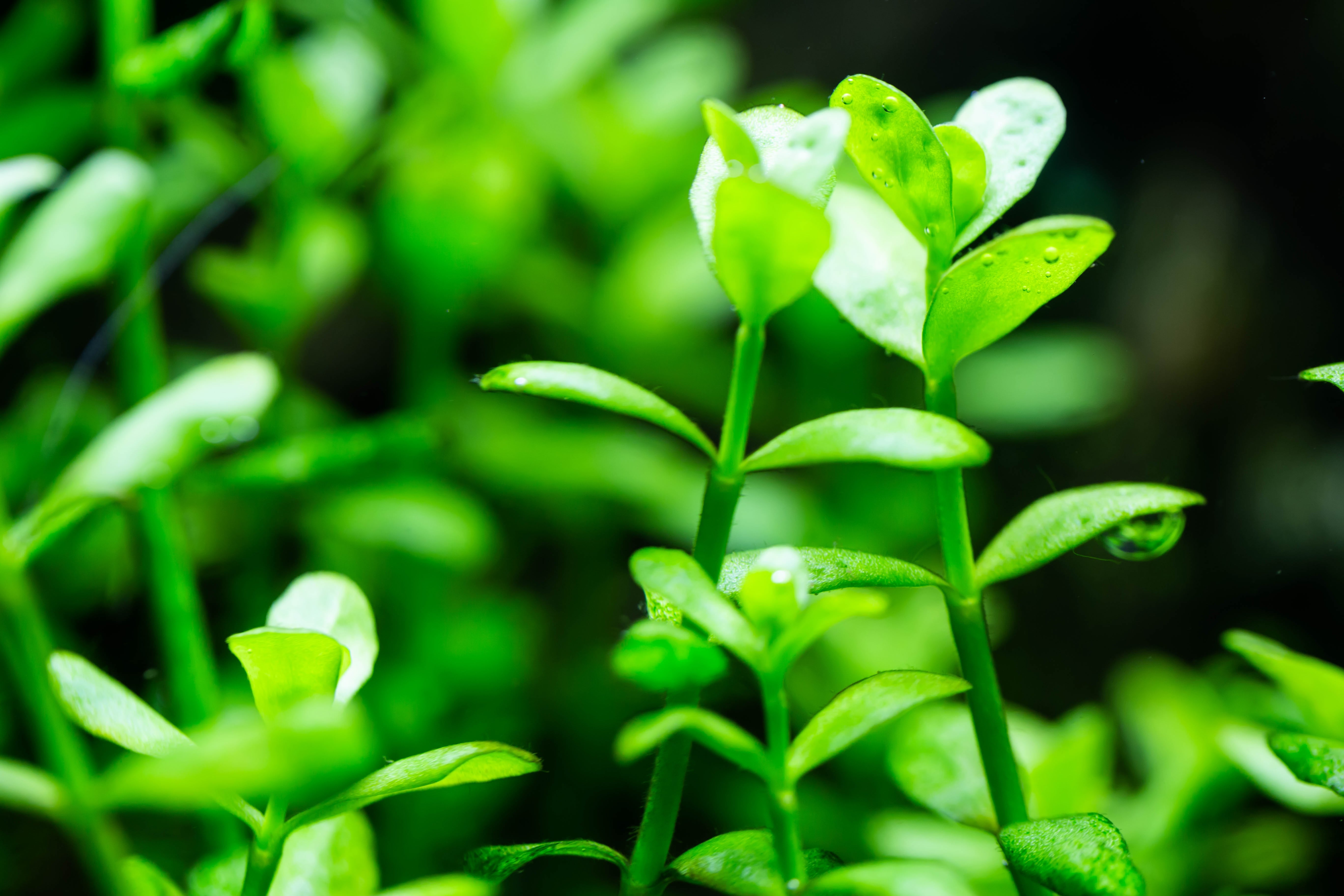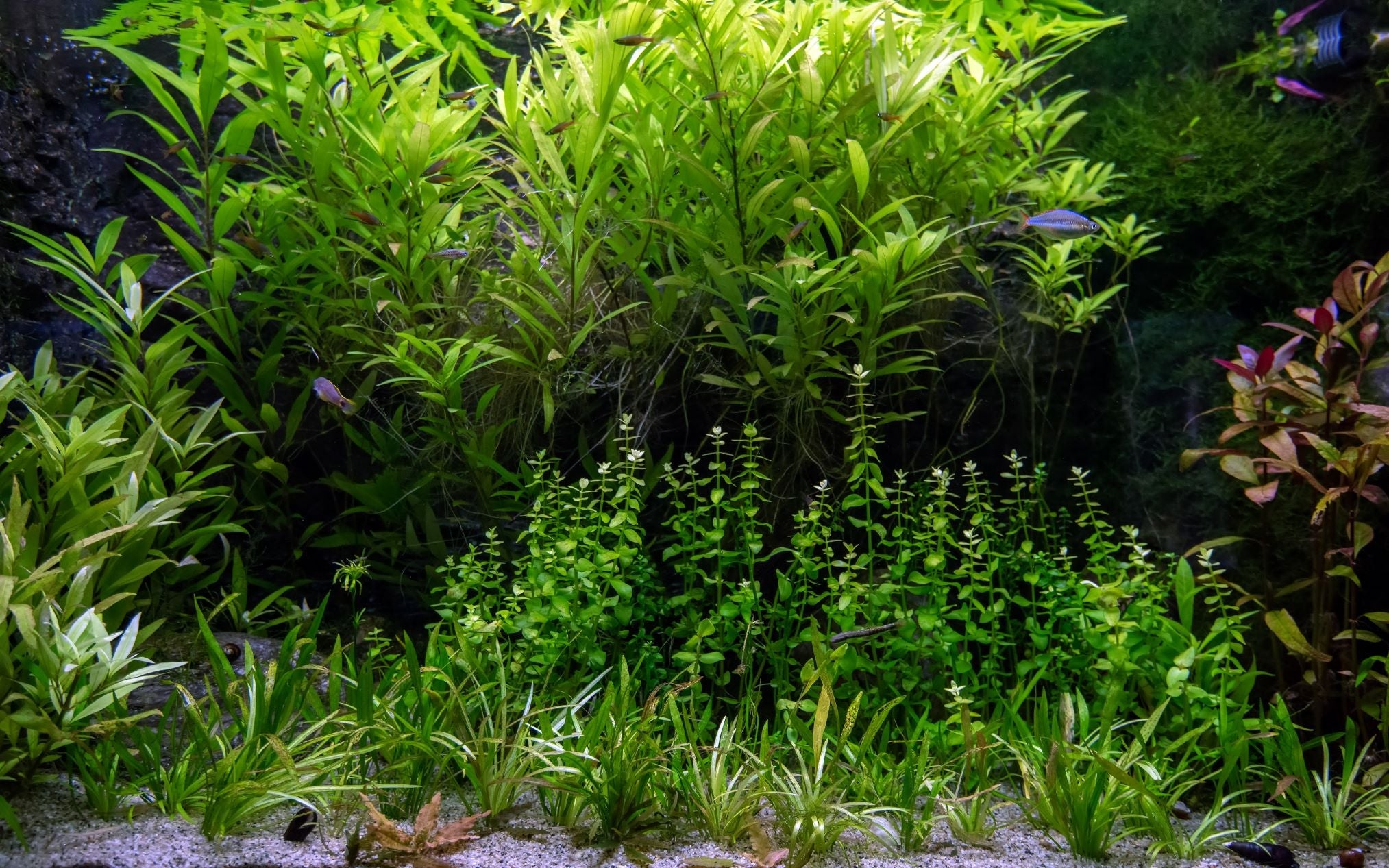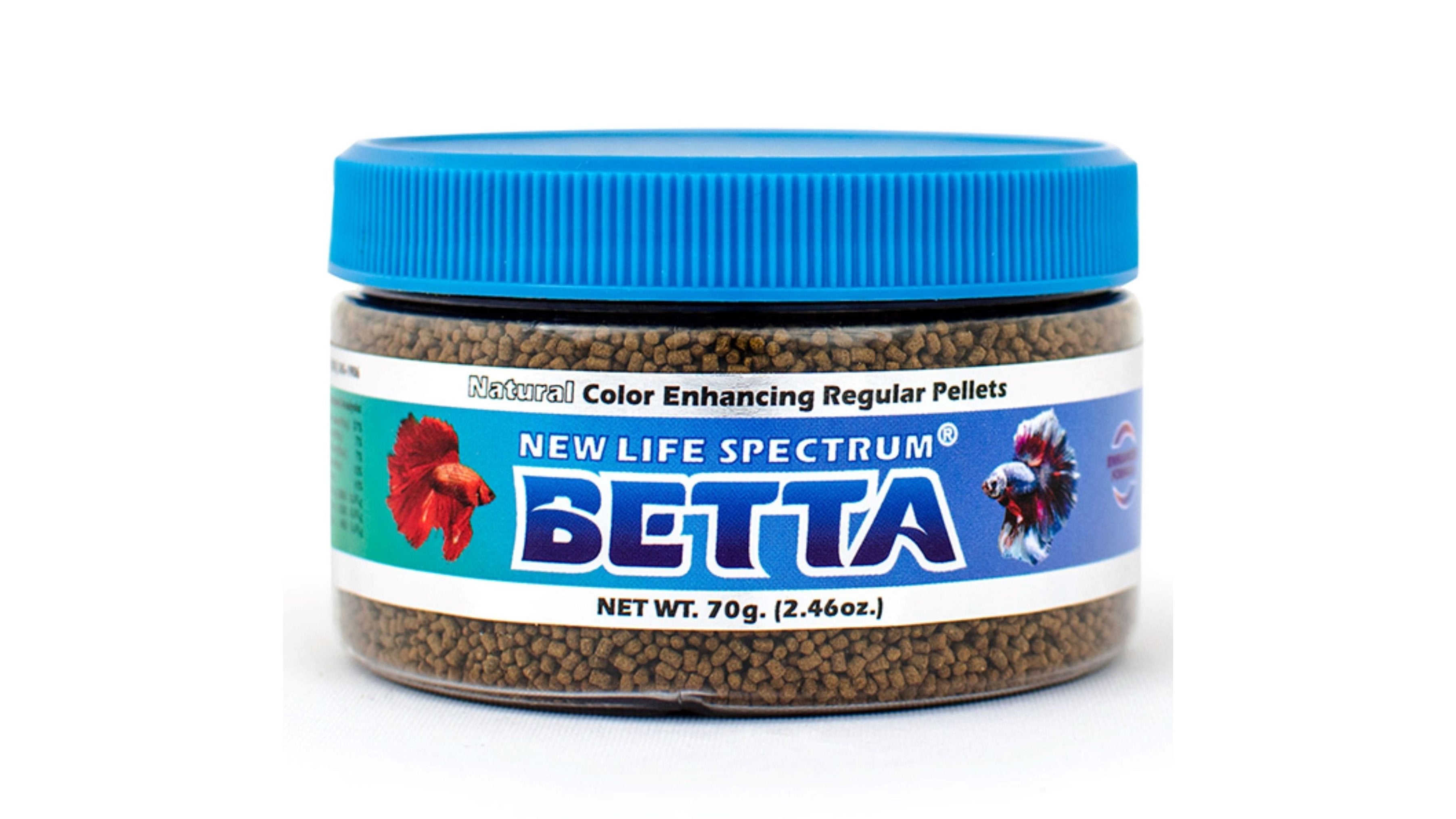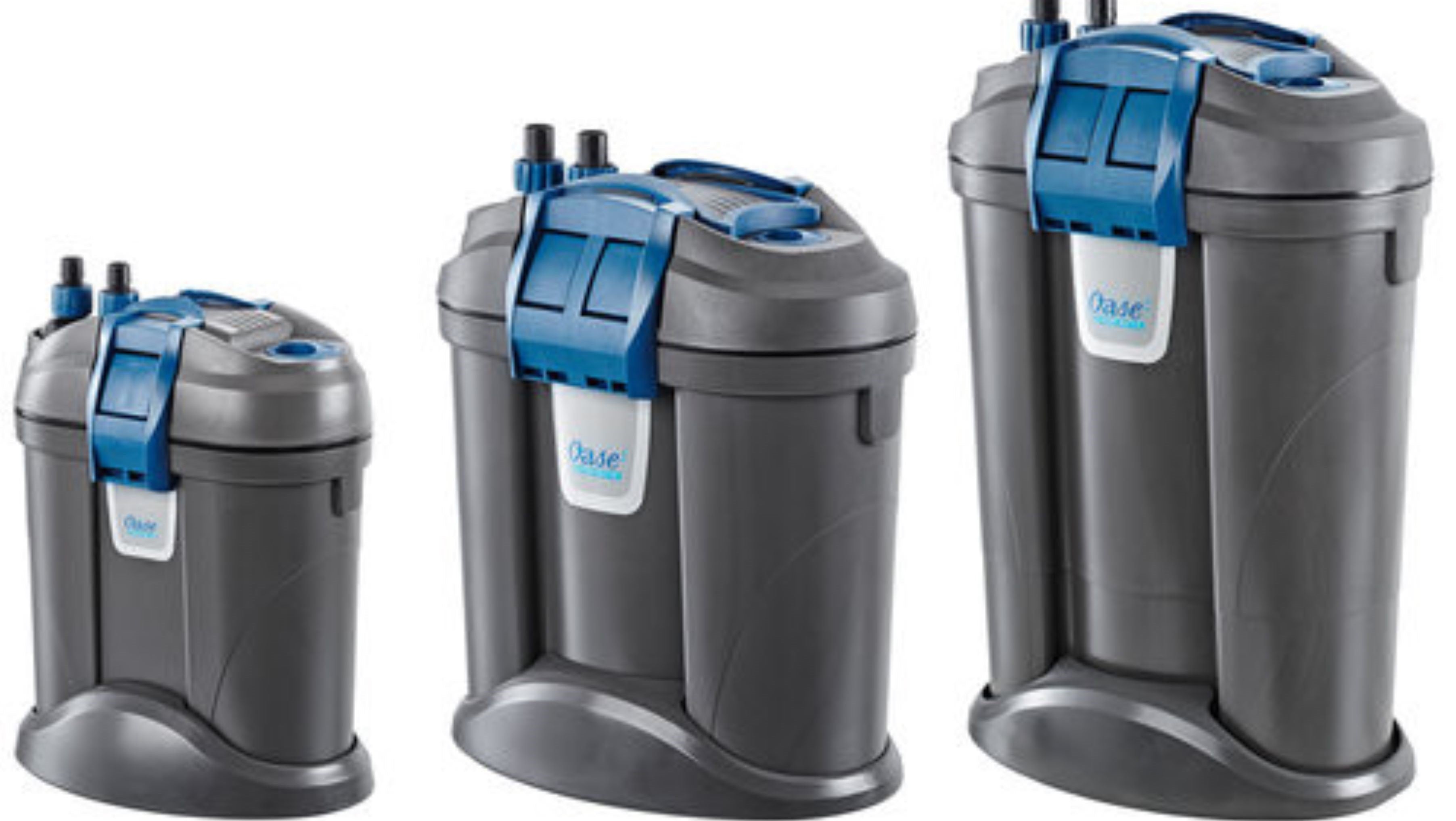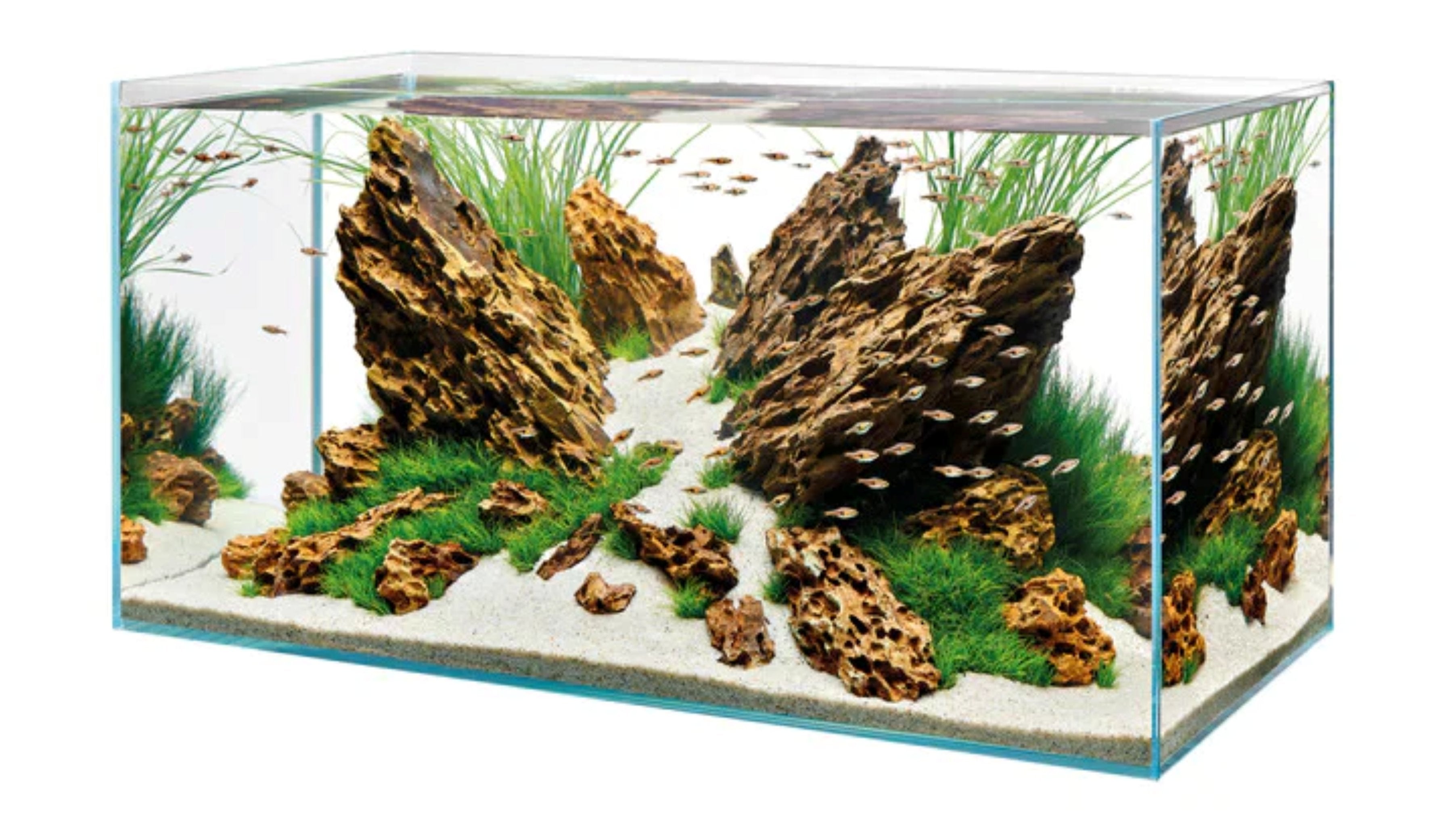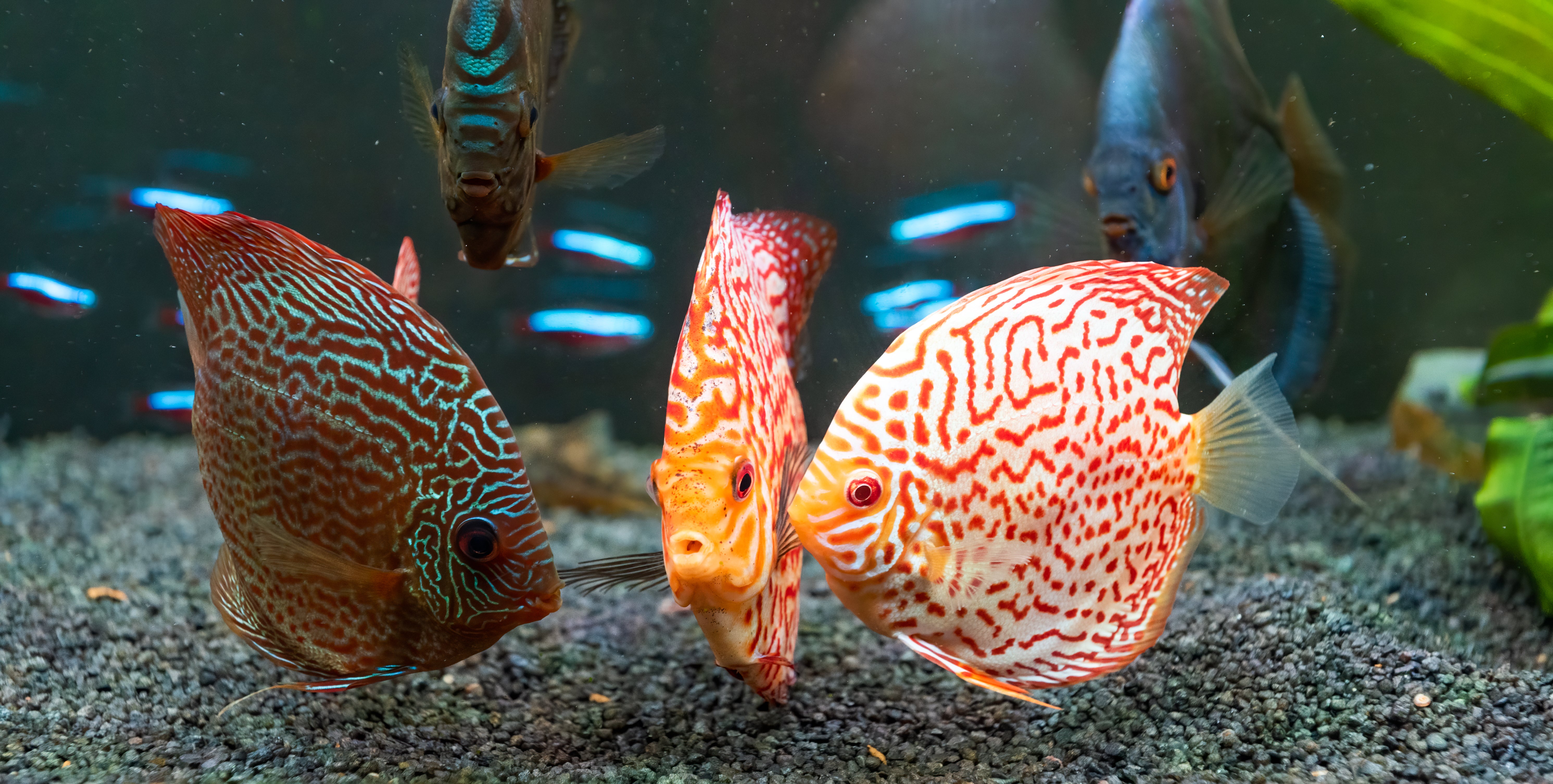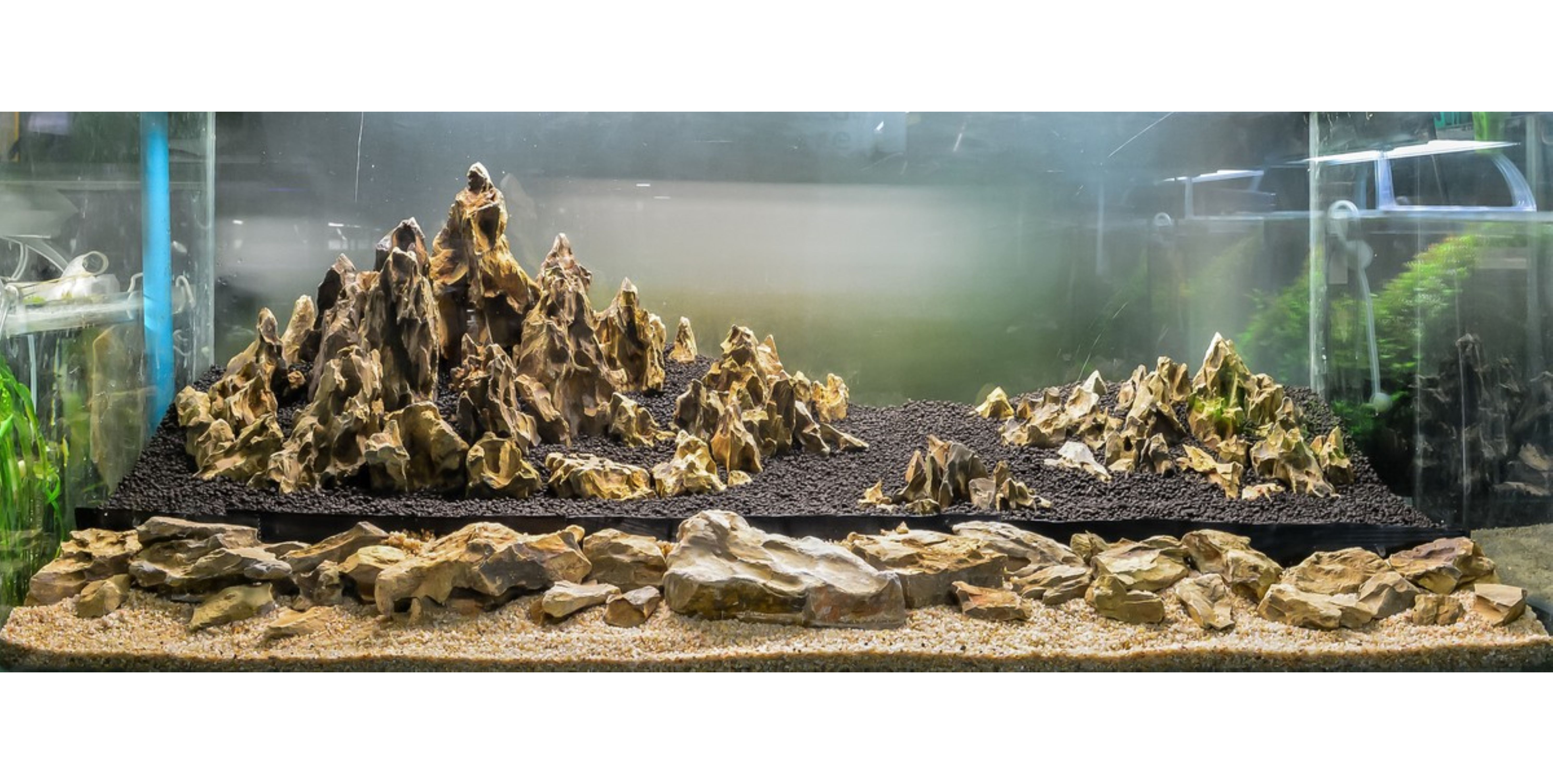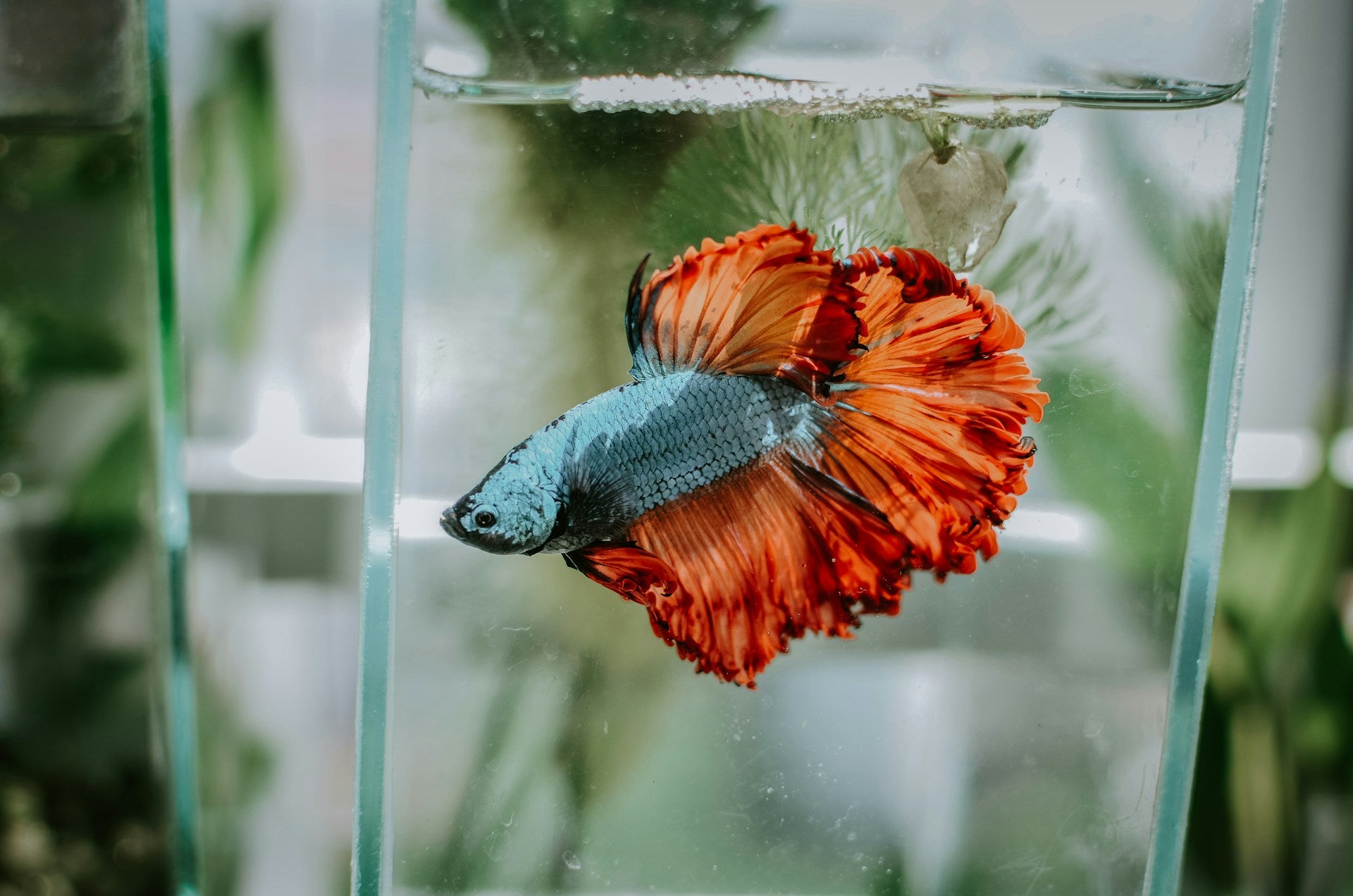Table of Contents
Betta fish, with their vibrant colors and mesmerizing fins, have captivated the hearts of aquarium enthusiasts worldwide. However, caring for these delicate aquatic creatures requires more than just providing a bowl and some food. To ensure your betta fish flourishes, you need to understand the intricacies of their care, from the ideal tank setup to recognizing and treating common health issues.
From the moment you bring your betta home, you'll be responsible for its well-being. By mastering the fundamentals of betta care, you'll not only witness the vibrant colors and captivating behaviors that make these fish so beloved but also enjoy the immense satisfaction of providing your aquatic friend with the care it deserves.
So, let's dive in and explore the secrets to unlocking the full potential of your betta fish.
Setting Up the Ideal Betta Fish Tank
Creating the perfect environment for your betta fish begins with setting up the ideal tank. Bettas thrive in tanks that mimic their natural habitat and provide ample space for swimming.
- Tank Size: Betta fish can live in smaller spaces, but they are happier and healthier in larger tanks. A 5-gallon tank is the minimum recommended size. Larger tanks offer better water quality and more room for exploration.
- Water Conditions: Bettas need warm water with a stable temperature between 76°F and 82°F. Use a heater to maintain this range, especially if the room temperature fluctuates. Regularly test the water’s pH, aiming for a neutral range of 6.5 to 7.5.
- Filtration: A gentle filter such as sponge filter helps keep the water clean and reduces the buildup of harmful toxins. Ensure the filter does not create strong currents, as bettas prefer calm water.
- Substrate and Decor: Use soft, non-sharp substrates like sand or smooth gravel to protect your betta’s delicate fins. Add live or silk aquatic plants and hideaways such as caves or tunnels to create a stimulating and natural environment.
- Lighting: Bettas need a regular day-night cycle. Provide 8-12 hours of light each day, but ensure they have darkness for rest. LED lights can be great for this and often come with timers.
Proper tank maintenance is crucial. Perform regular water changes, removing about 25% of the tank water weekly, and clean any debris. By creating a stable and enriching environment, you help your betta thrive and exhibit natural behaviors.
Diet and Nutrition for Betta Fish
A balanced diet is essential for the health and vibrancy of your betta fish. Bettas are carnivorous and need a diet rich in protein to meet their nutritional needs.
- Pellets and Flakes: High-quality betta-specific pellets and flakes should form the basis of their diet. These foods are specially formulated to provide all the necessary nutrients. Look for options with whole fish or shrimp as the main ingredients.
- Frozen and Live Foods: Bettas enjoy variety, and offering frozen or live foods like brine shrimp, daphnia, and bloodworms provides essential proteins and encourages natural hunting behaviors. These should be offered as treats 2-3 times a week.
- Avoid Overfeeding: Overfeeding can lead to health problems such as bloating and poor water quality. Feed your betta once or twice a day, giving them only what they can eat in 2-3 minutes. Remove any uneaten food promptly.
To keep your betta fish in peak condition, observe them regularly as they eat. Healthy bettas are active and show vibrant colors. Adjust their diet as needed based on their health and activity level. By providing a diverse and balanced betta fish food, you ensure your betta gets the best nutrition for a long, healthy life.
Recognizing Common Betta Fish Diseases and Treatments
Keeping an eye on your betta’s health helps detect and treat potential issues early. Betta fish or Siamese fighting fish can suffer from several common diseases, but with proper care, many of these problems are preventable.
- Fin Rot: This condition is characterized by frayed or disintegrating fins and is commonly caused by poor water quality. To treat fin rot, improve water conditions and use a bacterial medication specifically for fin rot.
- Ich (White Spot Disease): Ich is identified by small white spots on the body and fins. It typically arises from stress and poor water quality. Raising the water temperature slightly and using an anti-parasitic medication can help eliminate Ich.
- Swim Bladder Disorder: This issue causes difficulty in swimming and is often due to overfeeding or constipation. Fasting your betta for a day or two and then feeding them a peeled, deshelled pea can help clear out their system.
- Velvet: Velvet is a parasitic infection that gives the fish a dusty, gold appearance. It often occurs in poor water conditions. Treat velvet by shading the tank, raising the water temperature, and using a copper-based medication.
Regularly observing your betta for abnormal behavior or changes in appearance is crucial. Quick intervention can prevent minor issues from becoming serious health problems. Regular tank maintenance, proper diet, and stress reduction are key to keeping your betta fish in top health.
Behavioral Insights and Mental Stimulation for Bettas
Bettas are intelligent and curious freshwater fish that thrive when given mental and physical stimulation. Providing a stimulating environment ensures they stay active and happy.
- Hiding Spots: Bettas love having places to explore and hide. Adding caves, hollow decorations, and dense freshwater plants gives them a sense of security and adventure.
- Interactive Toys: Floating toys and small objects can encourage your betta to swim and interact. Bettas also enjoy betta mirrors that they can display to, which stimulates their natural behaviors.
- Regular Changes: Rearranging the tank decor and adding new elements can keep your betta engaged. These changes prevent boredom and encourage exploration.
- Feeding Enrichment: Instead of always feeding in the same spot, consider using feeding rings or placing food in different areas of the tank. This encourages natural hunting behavior and makes mealtime more engaging.
Observing how your betta interacts with its environment also provides important cues about its well-being. Active and curious behavior indicates a healthy betta. Spend time watching your fish and interacting with it to understand its unique preferences and behaviors.
Betta Bliss: Mastering the Art of Betta Fish Care for a Captivating Aquarium
Caring for betta fish involves more than just feeding and cleaning their tank. By understanding their specific needs and creating an enriching environment, you can ensure your betta enjoys a healthy and active life. From setting up the ideal tank to providing a balanced diet and recognizing signs of illness, each aspect of betta care is crucial for their well-being.
Betta fish are rewarding pets that bring color and life to your home. Their unique personalities and stunning appearance make them a joy to care for. By paying attention to their health and behavior, you can create a nurturing and stimulating environment that helps them thrive.
For more tips on betta fish care and to find high-quality supplies, visit Splashy Fish. We offer everything you need to keep your aquatic friends healthy and happy. Explore our selection of betta fish for sale today and give your betta the care they deserve!


